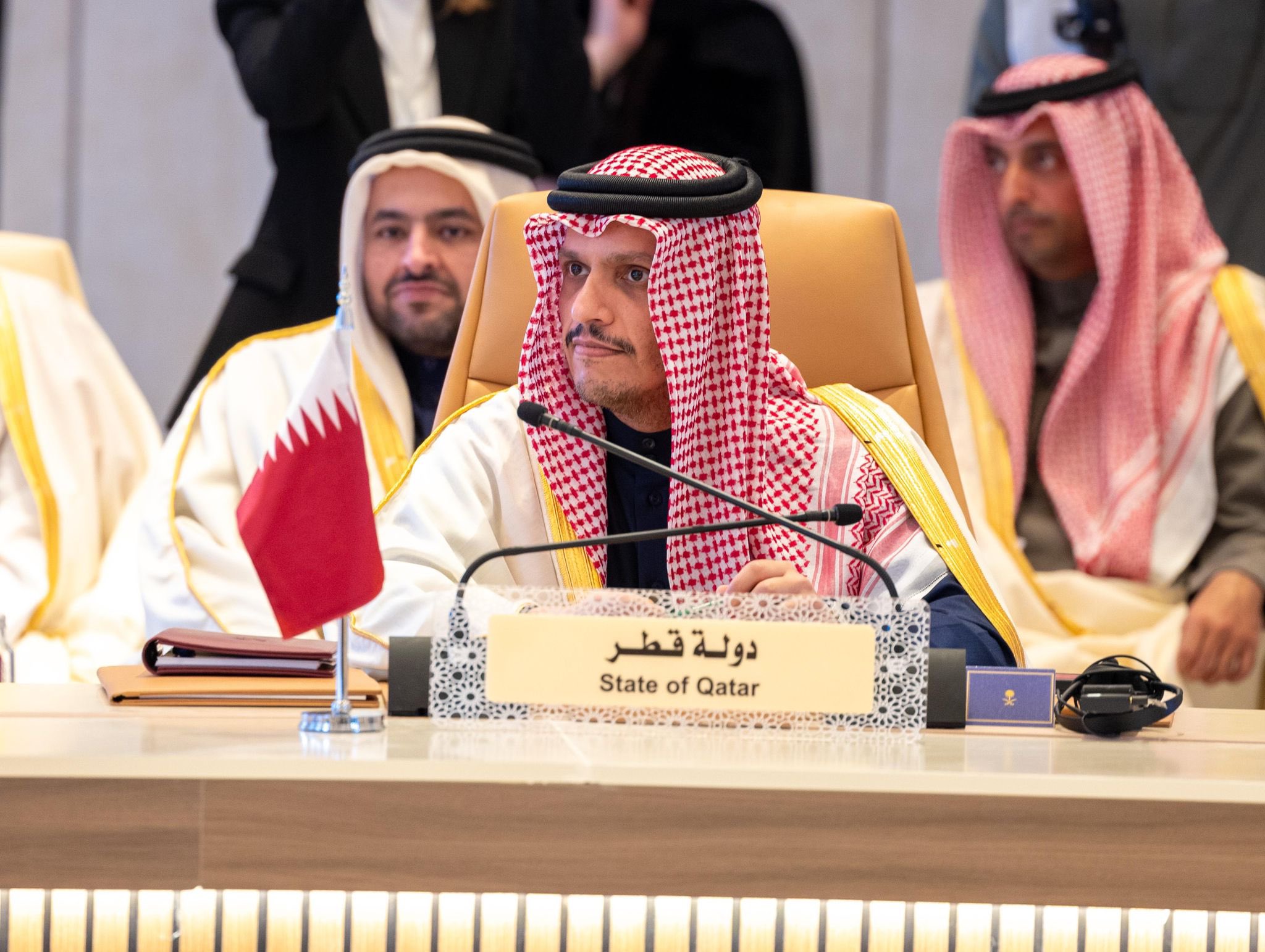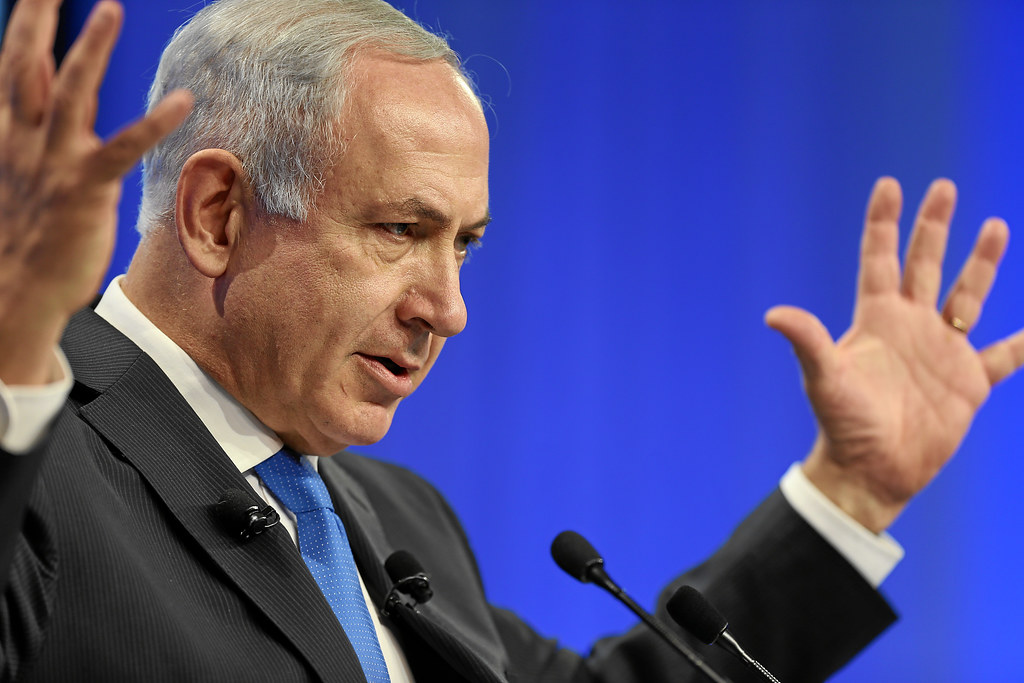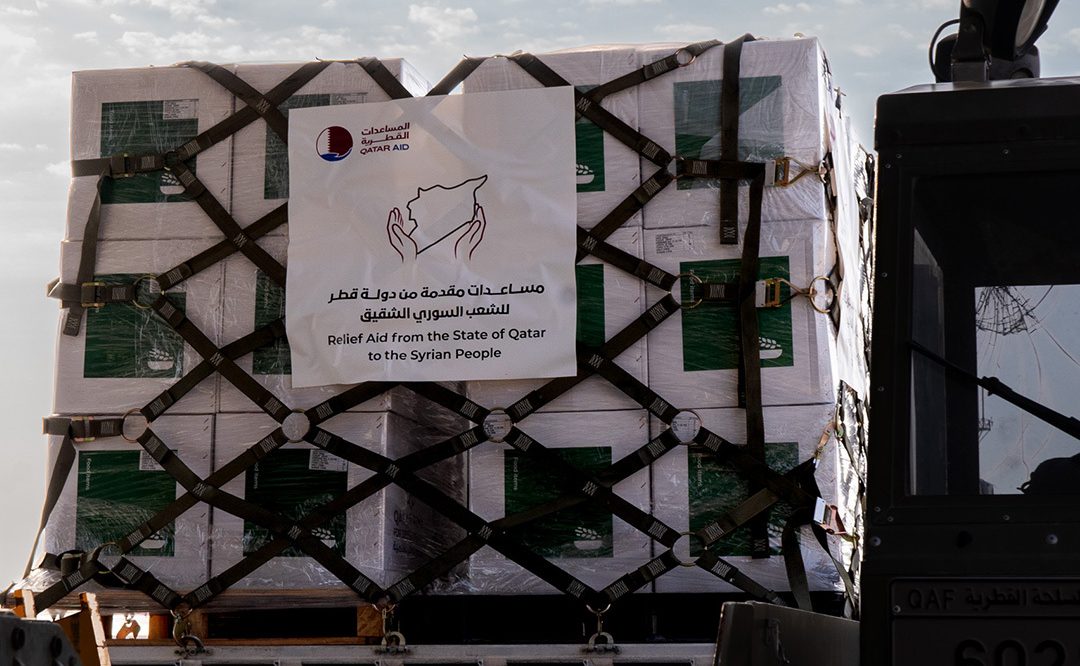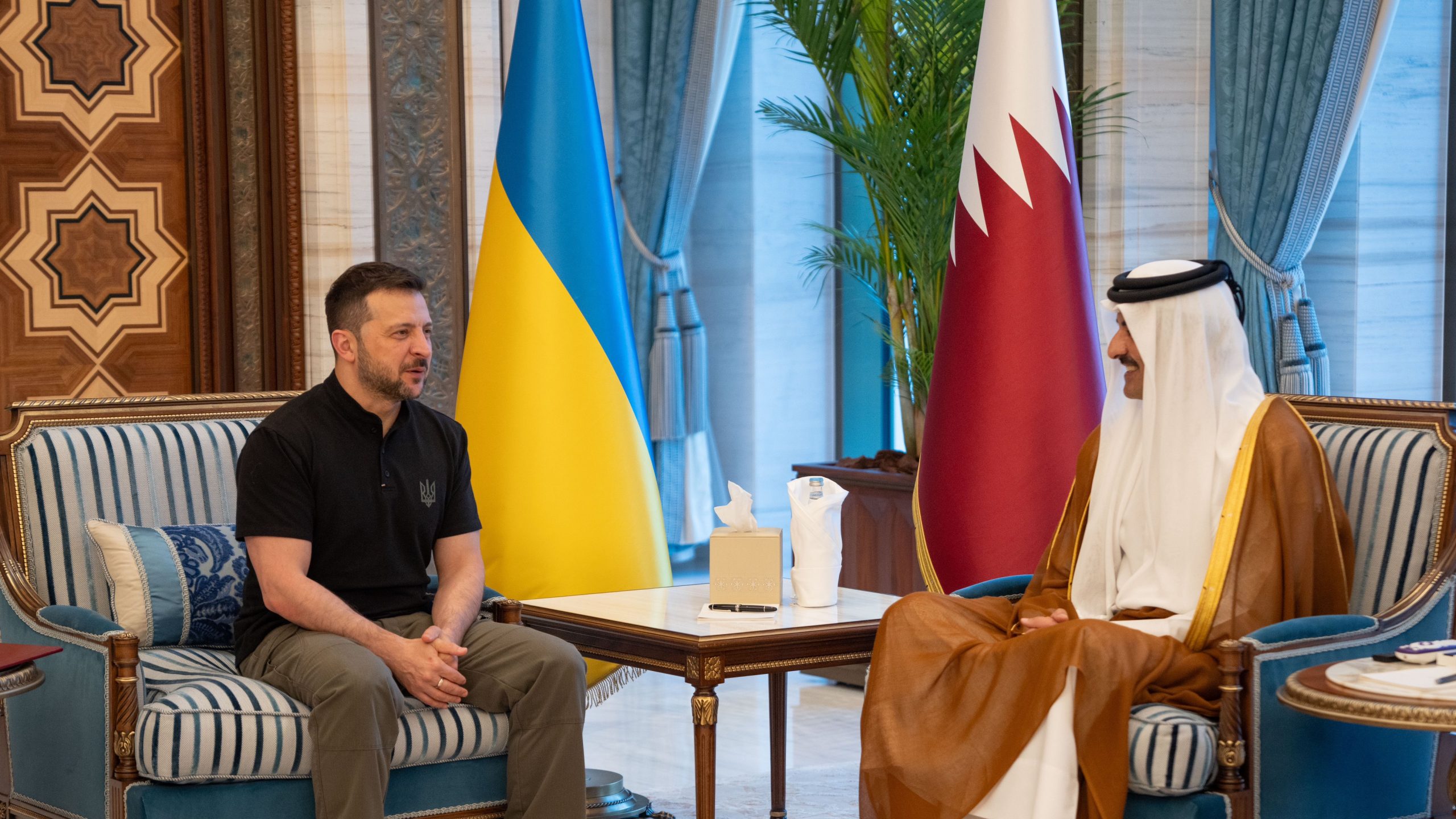The Gulf state had maintained its unwavering stance against the Assad regime despite a wave of regional normalisation in 2023 that saw the Arab League reinstate Syria’s membership.
Qatar participated in the ministerial meetings on Syria in Riyadh, which marked the first such regional gathering since the fall of the Bashar Al-Assad regime last month.
The meetings on Sunday saw the attendance of Arab and Western foreign ministers, as well as representatives from regional and international organisations, Qatar’s foreign ministry said in a statement.
Qatar was represented by its Prime Minister and Minister of Foreign Affairs, Sheikh Mohammed bin Abdulrahman Al Thani. The top Qatari official reaffirmed his country’s support for Syria in its current “crucial phase” after the ouster of Assad.
“I emphasised the State of Qatar’s role in providing full support for the unity of the Syrian brotherly people and assisting them during this crucial phase in rebuilding their country,” Sheikh Mohammed said on X.
Sheikh Mohammed also met Jordan’s Foreign Minister, Ayman Safadi, on the sidelines of the meetings.
Supporting Syria post-Assad
The talks in Saudi Arabia were split into several sessions, including one between regional officials and another that saw an international attendance including from Türkiye and the European Union (EU).
The meetings in Saudi Arabia are a continuation of previous talks that took place in Jordan on December 14, where officials voiced their support for “a peaceful, inclusive Syrian” political transitional process.
The meetings in Saudi Arabia came over a month after the ouster of long-time ruler, Assad, in a surprise offensive led by Hayat Tahrir Al-Sham (HTS).
Syria’s current administration, headed by de facto leader Ahmed Al-Sharaa, has been increasing its engagement with the region and the West, with numerous high-level visits taking place in Damascus in recent weeks.
The resumption of Qatar’s relations with Syria after more than a decade was among the most significant developments since Assad’s fall.
Qatar had closed its embassy in 2011 at the height of Assad’s brutal crackdown on pro-democracy protests and was the first to establish the diplomatic mission for the then opposition in its capital, Doha.
The Gulf state had maintained its unwavering stance against the Assad regime despite a wave of regional normalisation in 2023 that saw the Arab League reinstate Syria’s membership in the bloc.
Meanwhile, the new Syrian administration has been seeking to lift crippling sanctions that were imposed on the country during Assad’s rule in response to his brutality, dragging the nation to a civil war and resulting in the world’s largest refugee crisis.
EU foreign policy chief, Kaja Kallas, told reporters in Riyadh that discussions will look “at how to ease sanctions” while underlining the need for a political transition in Syria.
“We will be looking at how to ease sanctions. But this must follow tangible progress in a political transition that reflects Syria in all its diversity. The EU is here to help in this transition, where we are needed and can be of most use,” Kallas said on X.
Last week, the United States granted a six-month sanctions exemption for transactions involving governing institutions in Syria. The exemption also included transactions related to “the sale, supply, storage, or donation of energy, including petroleum” and electricity to or within Syria.







